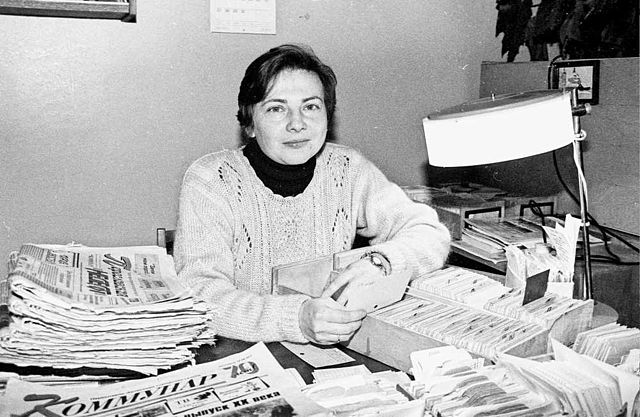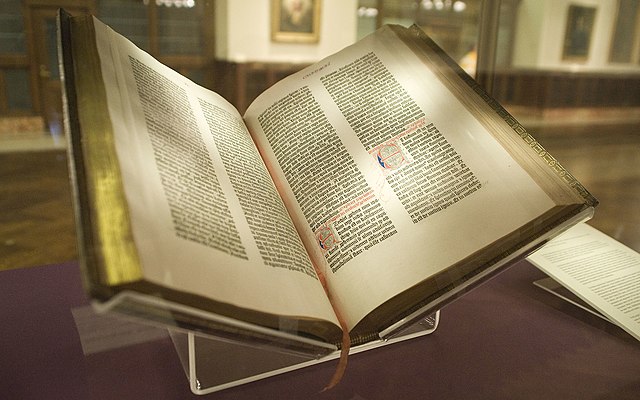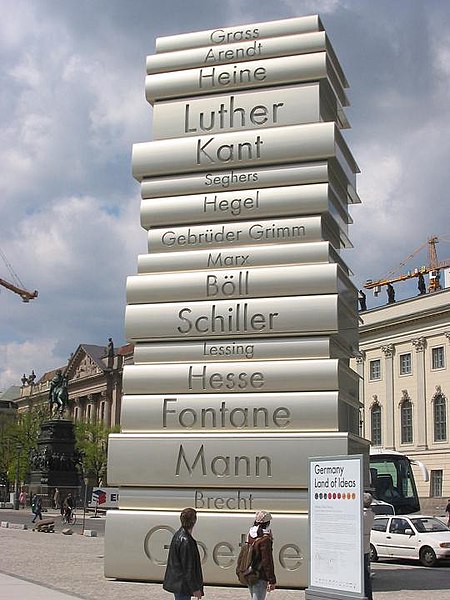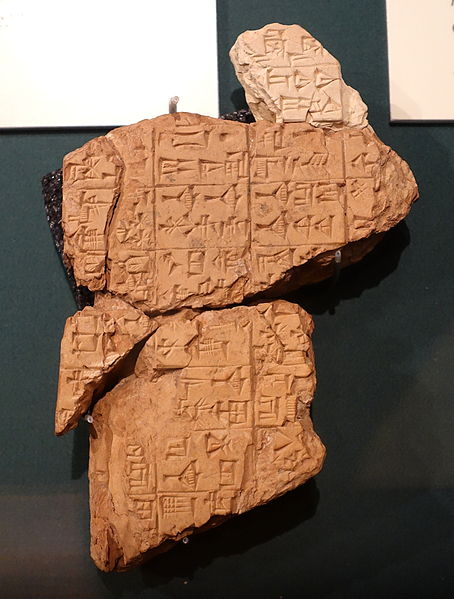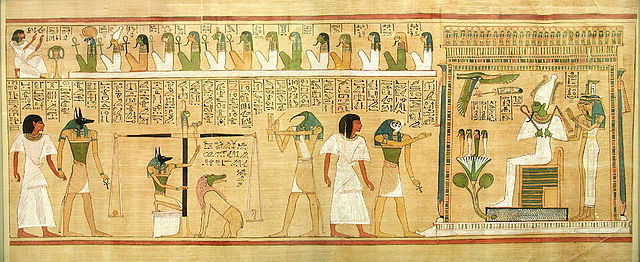Bibliography, as a discipline, is traditionally the academic study of books as physical, cultural objects; in this sense, it is also known as bibliology. English author and bibliographer John Carter describes bibliography as a word having two senses: one, a list of books for further study or of works consulted by an author ; the other one, applicable for collectors, is "the study of books as physical objects" and "the systematic description of books as objects".
Bibliographies at the University Library of Graz
Bibliographer workplace in Russia
Paul Otlet, working in an office built at his home following the closure of the Palais Mondial, in June 1937
A book is a medium for recording information in the form of writing or images. Books are typically composed of many pages, bound together and protected by a cover. Modern bound books were preceded by many other written mediums, such as the codex and the scroll. The book publishing process is the series of steps involved in their creation and dissemination.
The Gutenberg Bible, one of the first books to be printed using the printing press
12-metre-high (40 ft) stack of books sculpture at the Berlin Walk of Ideas, commemorating the invention of modern book printing
Fragments of the Instructions of Shuruppak: "Shurrupak gave instructions to his son: Do not buy an ass which brays too much. Do not commit rape upon a man's daughter, do not announce it to the courtyard. Do not answer back against your father, do not raise a 'heavy eye.'". From Adab, c. 2600–2500 BCE
Book of the Dead of Hunefer; c. 1275 BC; ink and pigments on papyrus; 45 × 90.5 cm; British Museum (London)


